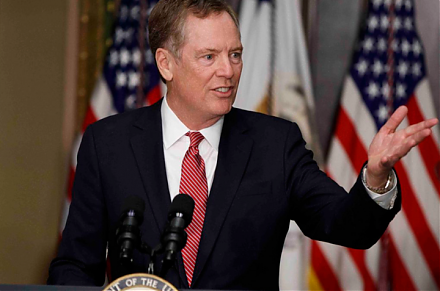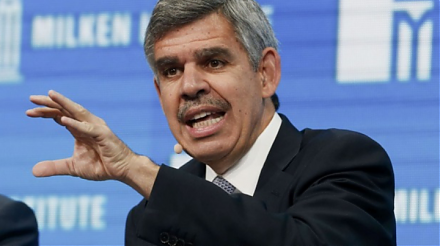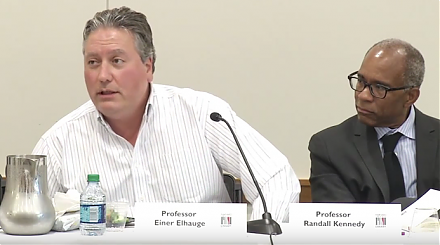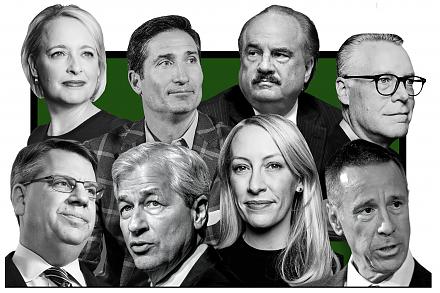

2017-08-31 09:36:00 Thu ET
technology antitrust competition bilateral trade free trade fair trade trade agreement trade surplus trade deficit multilateralism neoliberalism world trade organization regulation public utility current account compliance
The Trump administration has initiated a new investigation into China's abuse of American intellectual property under Section 301 of the Trade Act of 1974. This strategic move boils down to the fact that the U.S. has just fired the first shot in an open trade war with China. While tax cuts trump trade, this Section 301 investigation can be the first tangible economic sanction against China.
However, Chinese retaliation may manifest in the generic form of large-scale U.S. Treasury bond sales, much less usage and consumption of U.S. soybeans, oats, semiconductors, mobile electronic devices, and other key imports, or both. These economic repercussions reverberate up and down the corporate value chain to induce an adverse impact on U.S. manufacturers, upstream suppliers, and downstream distributors nationwide.
Despite this clear and present trade war with China, the Trump stock market rally continues to benefit the typical institutional or retail stock investor under Section 301 legal protection of U.S. intellectual property. The main beneficiaries are the R&D-intensive firms with numerous patents such as pharmaceutical companies such as Pfizer, Merck, and Johnson & Johnson, tech-savvy platform orchestrators such as Apple, Google, Microsoft, Facebook, and IBM, as well as ecommerce giants such as Amazon and Alibaba.
A potential threat may be the new opportunity. Every cloud has a silver lining!!
If any of our AYA Analytica financial health memos (FHM), blog posts, ebooks, newsletters, and notifications etc, or any other form of online content curation, involves potential copyright concerns, please feel free to contact us at service@ayafintech.network so that we can remove relevant content in response to any such request within a reasonable time frame.
2018-12-20 13:40:00 Thursday ET

T-Mobile and Sprint indicate that the U.S. is likely to approve their merger plan as they take the offer from foreign owners to stop using HuaWei telecom te
2018-04-20 10:38:00 Friday ET

Allianz chairman Mohamed El-Erian bolsters a new American economic paradigm in lieu of the Washington consensus. The latter dominates the old school of thou
2017-11-27 07:39:00 Monday ET

Is it anti-competitive and illegal for passive indexers and mutual funds to place large stock bets in specific industries with high market concentration? Ha
2017-07-25 10:44:00 Tuesday ET

NerdWallet's new simulation suggests that a 25-year-old millennial who earns an inflation-free base salary of $40,456 and saves 15% each year faces a 99
2017-03-03 05:39:00 Friday ET

As the biggest IPO since Alibaba in recent years, Snap Inc with its novel instant-messaging app SnapChat achieves $30 billion stock market capitalization.
2024-01-31 14:33:00 Wednesday ET

The new world order of trade helps accomplish non-economic policy goals such as national security and technological dominance. To the extent that freer